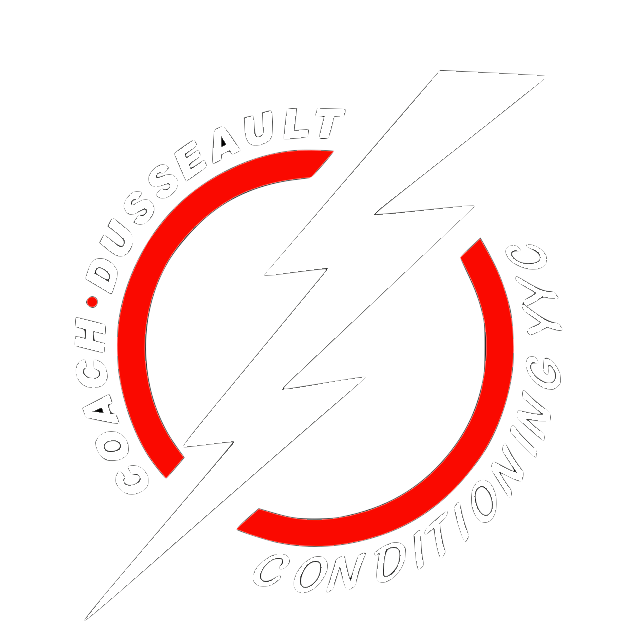Have The Discipline To Handle Adversity
As a scout, he is charged with bringing young athletes into the organization. His job shapes the future of his club. When I asked him what it is he looks for in young athletes to give them the opportunity to play in the WHL it was not simply skills. It was nothing to do with points. In fact, he stated that if all scouts were looking for was high scorers, there would be no point in them even attending games. What he looked for (among other things of course) was body language. He is looking for what players do when they make a bad play, when they get shifted off early, when something doesn’t go there way… To sum it up, he is looking for what players do when they face ADVERSITY.
Are they sulking, slamming their stick on the boards? Or are they quick to get back to the bench, reset and get ready for the next shift. I will let you guess which one of those he prefers when watching games.
To easily sum up Leland’s point, when pointing out players to the Prince George Cougars to look at in the draft, how you handle adversity is a major factor. Next level sports want athletes ready to deal with tough moments and hold themselves accountable. They do not want athletes looking for excuses, looking for the “easy way” or trying to blame others for things not going their way.
Simple thing you can start working on right now to make yourself more appealing when that draft year comes for you? No matter the situation you face, ask yourself this question:
“What could I have done better?”
Sometimes it is difficult to find an answer, but the key is to stop focusing on the outcome. If your team has a goal scored against them, maybe you couldn’t have prevented it. However, reflect on your shift and ask yourself, what could I have done to better impact the play? What mistakes did I make and how can I correct them next time out? This guarantees that every time you come back to the bench you are working on getting better the next time you step on the ice. Those are the players that the next level teams are going to want. Every single time.
